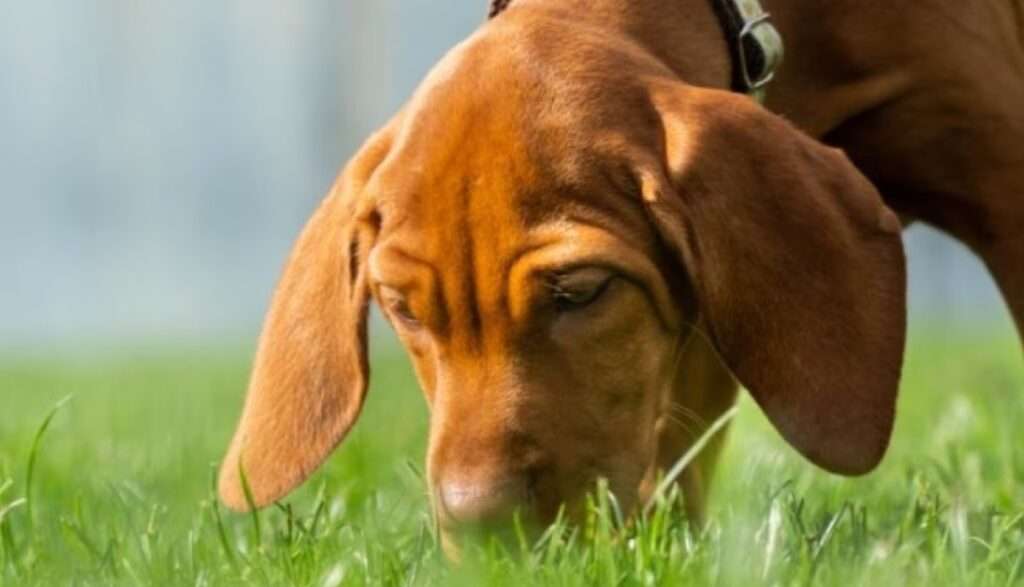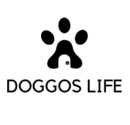Introduction

In the fascinating world of our canine companions, there are some behaviors that puzzle and concern dog owners, and one of the most enigmatic of these behaviors is coprophagia, or the act of dogs eating poop. If you’ve ever caught your dogs indulging in this peculiar habit, you’re not alone in wondering, “Why do dogs eat poop?” In this article, we will explore the curious world of coprophagia, its potential reasons, and whether it’s considered normal for dogs in their everyday doggo life.
1. Coprophagia Unveiled
To truly understand why dogs eat poop, it’s essential to take a closer look at the phenomenon of coprophagia. Let’s delve into the basics.
What is Coprophagia?
Coprophagia is the scientific term for the behavior of dogs consuming feces, be it their own or that of other animals. This behavior, while puzzling to humans, is not uncommon in the dog world.
How Common Is It?
It’s important to acknowledge that coprophagia is relatively common among dogs. Studies suggest that as many as 10-15% of dogs may engage in this behavior at some point in their lives. So, while it may not be the norm for every dog, it’s not an unusual occurrence in the doggo life.
2. Unraveling the Mystery – Why Do Dogs Eat Poop?
To address this issue effectively, it’s crucial to understand the motivations behind coprophagia. In this chapter, we will explore the various reasons why dogs may eat poop.
Instinctual Behavior
Dogs share a common ancestry with wolves, and in the wild, wolves often consume the entire prey, including the stomach and intestines. This instinctual behavior may explain why some dogs are attracted to feces.
Nutritional Deficiency
In some cases, coprophagia might be a result of a nutritional deficiency. When a dog’s diet lacks essential nutrients, they may be compelled to seek those missing nutrients in feces. We’ll take a deeper look at the specific nutrients that could trigger this behavior.
Cleaning Up
Mother dogs instinctively clean up after their puppies by ingesting their feces, partly to maintain cleanliness in the den and partly to protect the puppies from potential predators. This maternal behavior might be carried into adulthood by some dogs.
Attention-Seeking Behavior
Dogs are social animals and often crave attention from their owners. If a dog notices that eating poop elicits a strong reaction from their humans, they may do it to get attention, even if it’s negative.
Medical Conditions
Sometimes, coprophagia can be a sign of an underlying medical issue, such as malabsorption problems or parasites. If you suspect this might be the case, we’ll discuss the importance of consulting a veterinarian.
3. The Normalcy of Coprophagia in Doggo Life
The question of whether coprophagia is considered “normal” can be quite subjective and dependent on various factors. Let’s explore this question in more detail.
Occasional vs. Chronic Coprophagia
Distinguishing between occasional consumption of feces and chronic, excessive poop-eating is essential. Many puppies may exhibit some level of coprophagia during their early stages of life, but most outgrow this behavior as they mature. However, if your dog frequently eats poop, it might be a sign of underlying issues that need to be addressed.
Age and Breed Factors
The likelihood of coprophagia can vary based on a dog’s age and breed. Puppies are more prone to this behavior than adult dogs. Additionally, some breeds are more predisposed to coprophagia than others.
Environmental Influences
The environment in which a dog is raised can significantly influence the likelihood of coprophagia. For example, dogs in crowded or stressful conditions may be more inclined to engage in this behavior.
Social and Learned Behavior
Dogs are highly social animals, and they can learn behaviors from their interactions with other dogs. If they observe another dog eating feces, they may be more likely to mimic the behavior.
4. Managing and Preventing Coprophagia in Doggo Life
If your dog exhibits coprophagia, it’s essential to address it promptly. In this chapter, we will discuss strategies to manage and prevent this behavior, ensuring a healthier and happier doggo life.
Providing a Balanced Diet
Ensuring your dog receives a nutritionally complete diet is crucial to reducing the chances of seeking missing nutrients in feces. We’ll explore specific dietary recommendations to prevent coprophagia.
Prompt Poop Cleanup
Keeping your environment clean and promptly removing feces can significantly reduce the opportunity for your dog to indulge in this behavior. We’ll provide practical tips for maintaining a pristine living space.
Training and Positive Reinforcement
Training your dog using positive reinforcement techniques can effectively redirect their behavior towards more appropriate activities. We’ll outline effective training methods to discourage coprophagia in your doggo’s life.
Consulting a Veterinarian
If your dog’s coprophagia is persistent or concerning, consulting a veterinarian is essential. A vet can rule out any underlying medical issues and provide guidance on potential medical treatments.
5. The Doggo Life and Coprophagia – A Conclusion
In conclusion, coprophagia, or the act of dogs eating poop, is a curious aspect of dog behavior that has left many dog owners scratching their heads. While it’s relatively common, whether it’s considered “normal” can be subjective and dependent on various factors. Understanding the motivations behind coprophagia and implementing appropriate strategies for managing and preventing it are key to ensuring a healthy and content doggo life.
By taking a comprehensive approach that addresses potential causes, distinguishes between occasional and chronic coprophagia, and implements practical solutions, you can help your furry friend overcome this curious habit. Your doggo’s life will be happier, healthier, and free from the mystery of coprophagia.
With patience, knowledge, and the right approach, you can provide the best care for your dog and create an environment where coprophagia becomes a thing of the past in their everyday doggo life.

Dedicated and experienced pet-related content writer with a passion for animals and a proven track record of creating engaging and informative content. Skilled in researching, writing, and editing articles that educate and inspire pet owners. Strong knowledge of animal behavior, health, and care, combined with a commitment to delivering high-quality content that resonates with audiences. Seeking to leverage writing skills and passion for pets to contribute to a dynamic and mission-driven team.
